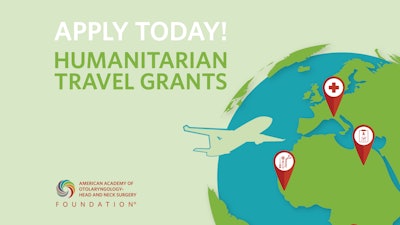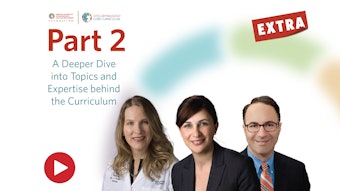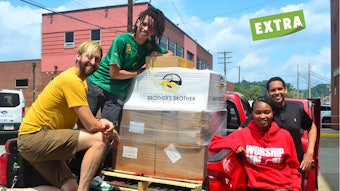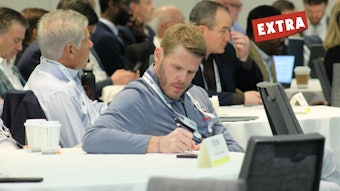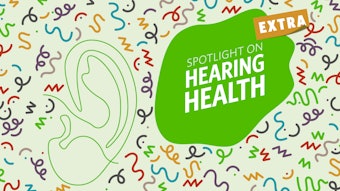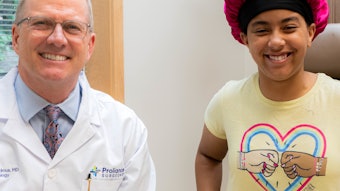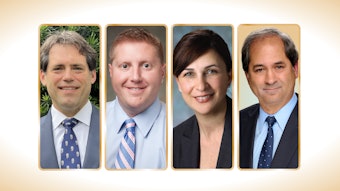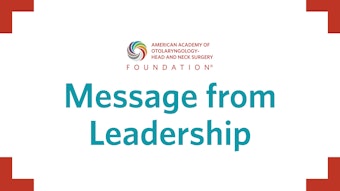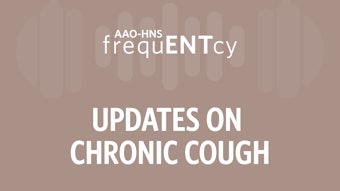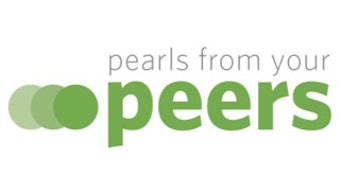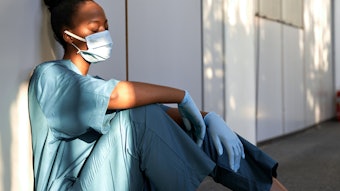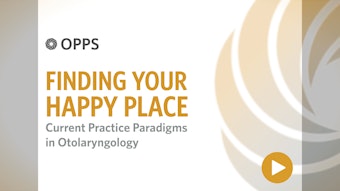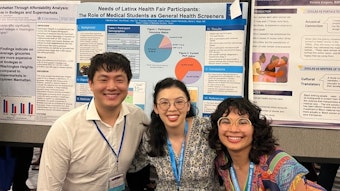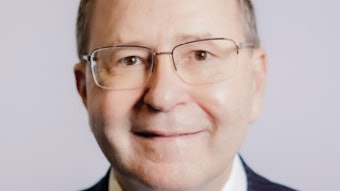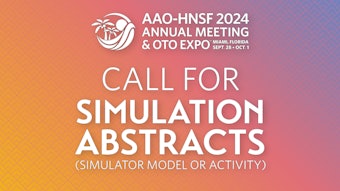AAO-HNSF 2023 Humanitarian Travel Grant Report: Kampala, Uganda
Serving patients in low-resource areas requires adapting our normal structure of care to the resources and therapies available.
Aarti Agarwal, MD
 The author (Aarti Agarwal, MD) and colleagues taking part in a procedure on-site in Kampala, Uganda.
The author (Aarti Agarwal, MD) and colleagues taking part in a procedure on-site in Kampala, Uganda.
 From left to right: Dr. Joseph Curry, Dr. Don Weed, Dr. Jeff Otiti, Dr. Chad Zender, and Dr. James Netterville.
From left to right: Dr. Joseph Curry, Dr. Don Weed, Dr. Jeff Otiti, Dr. Chad Zender, and Dr. James Netterville.
I was fortunate to join Joseph Curry, MD, Chad A. Zender, MD, Donald T. Weed, MD, James L. Netterville, MD, and Jeffrey (Jeff) Otiti, MBChB, along with a great group of nurses, anesthesia providers, and students to Kampala, Uganda, for a weeklong initiative.
 Students, technicians, nurses, residents, and attendings from our home institutions and the local Ugandan hospital.
Students, technicians, nurses, residents, and attendings from our home institutions and the local Ugandan hospital.
The partnership at the Uganda Cancer Institute was started in 2014 by Dr. Zender and Katrina Harrill, RN, BSN, OCN, and has become a robust example of sustainable collaborative care directed at improving care for patients with head and neck disease through skill transference. The camp is focused on training local residents, medical students, nurses, and specialists in Uganda in the care of head and neck tumors through a supportive role not only with education, but also providing equipment and technical support. We were able to complete over 15 procedures in the operating room, including cancer ablations, free flap reconstructions, and airway procedures. Additionally, numerous patients were seen in the clinic setting with procedures to advance their care.
“I was awestruck by the intimate involvement of the families in the care of their loved ones.”
 The author during morning rounds, changing dressings and teaching families about wound care.
The author during morning rounds, changing dressings and teaching families about wound care.
Being engaged and involved in this experience drives the core of our values in medicine. Throughout my experiences, it was clear that the delivery of high quality, safe and equitable healthcare is a complex challenge affected by limited resources, the health system, and political and socioeconomic barriers. However, with the right collaborations, intentions, and patience, sustainable work can be completed safely to build systems. At the core of this goal, as experienced in Uganda, is strong community engagement. I am thankful to the incredible team, especially our local partners, for including me in this experience and am excited to build upon this work in my future.
